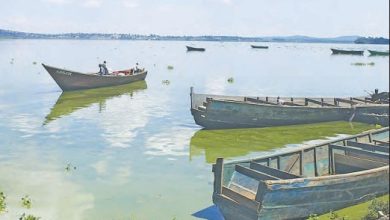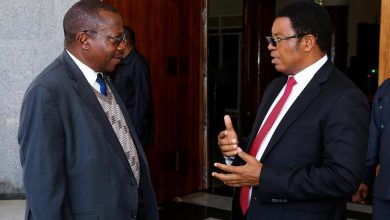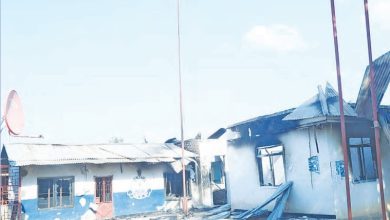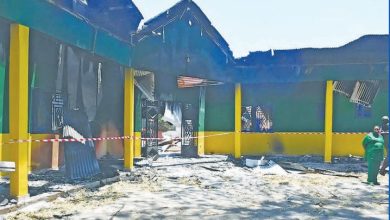FZS Tanzania Launches a New Community Grievance and Redress Mechanism in Serengeti
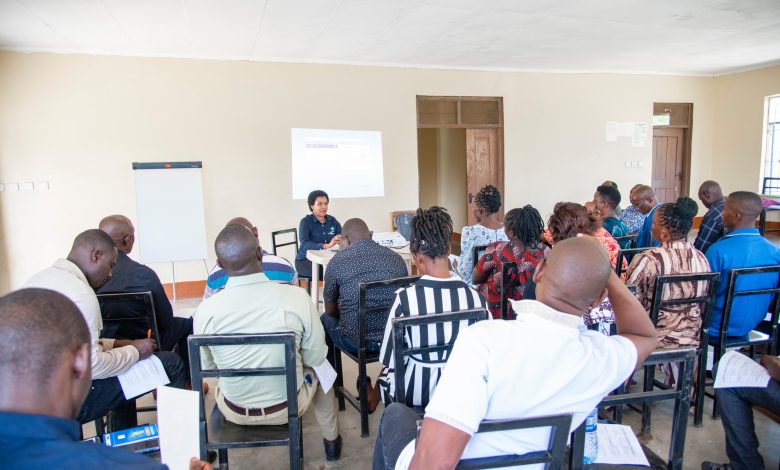
In November, the Frankfurt Zoological Society Tanzania (FZS) launched the second phase of a new Grievance and Redress Mechanism designed to receive, address, and resolve community concerns arising from conservation activities in Serengeti District.
The rollout took place through a series of workshops in five villages of Bonchugu, Robanda, Bokore, Makundusi, and Merenga, where representatives of local communities, primarily village council members, gathered to voice their challenges and expectations.
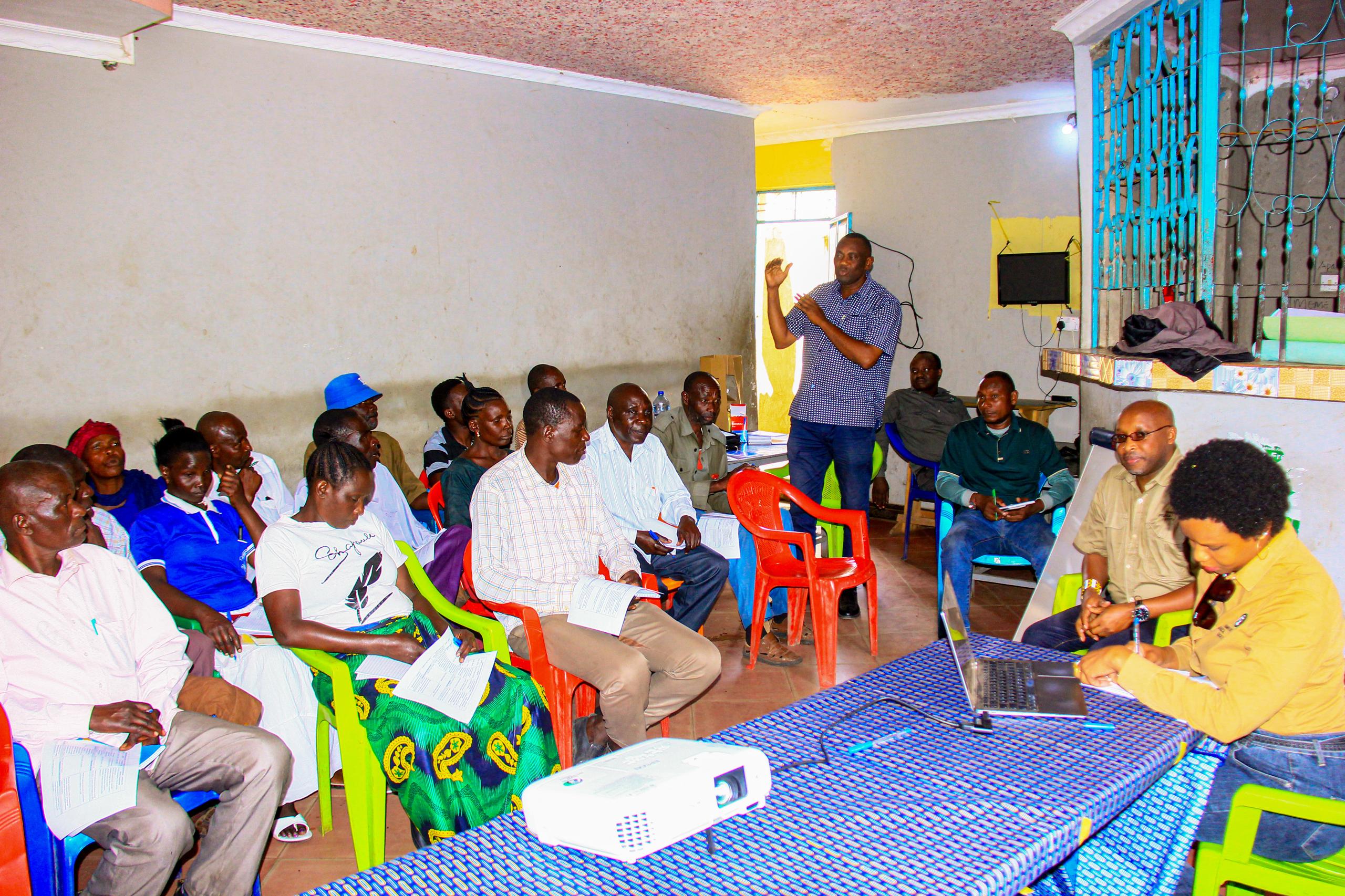
The initiative builds upon the foundation laid during the first phase of consultations, where FZS engaged key conservation stakeholders including the Tanzania National Parks Authority (TANAPA) – Serengeti National Park, the Tanzania Wildlife Management Authority (TAWA) through the Ikorongo and Grumeti Game Reserves, the Serengeti District Council, and the Ikona Wildlife Management Area (WMA).
These institutions jointly emphasized the need for a formal, inclusive, and safe avenue for communities to report concerns. Drawing on real national examples and past experiences from conservation projects, the discussions highlighted the importance of anticipating risks early and establishing a permanent, trust-based bridge between communities and conservation authorities.
The consensus was clear: Serengeti communities need a transparent mechanism that guarantees participation, fairness, and accountability in resolving issues that affect their lives and livelihoods.
During the training workshops of the second phase, FZS Tanzania’s Social Safeguards Officer, Digna Irafay, explained that the new mechanism is designed as a safe, transparent, and rights-based pathway for community members to raise complaints, ask questions, and track the progress of issues affecting them.
She stressed that the ultimate objective is to ensure that “every community member can access a complaint mechanism easily, equitably, and without intimidation, through a process grounded in human rights and attentive to every voice.”
Supporting this, Nelson Olekwai, FZS’s Community and Conservation Projects Officer, Serengeti Program noted that most grievances emerge from gaps in communication, lack of formal reporting channels, the exclusion of vulnerable groups, misinformation, and breakdowns in coordination between villages, district authorities, and conservation partners. The new mechanism, he explained, establishes clear village-level steps, project-level procedures, and a dedicated Complaints Committee all intended to create “a safe route for settling issues before they escalate into conflict.”
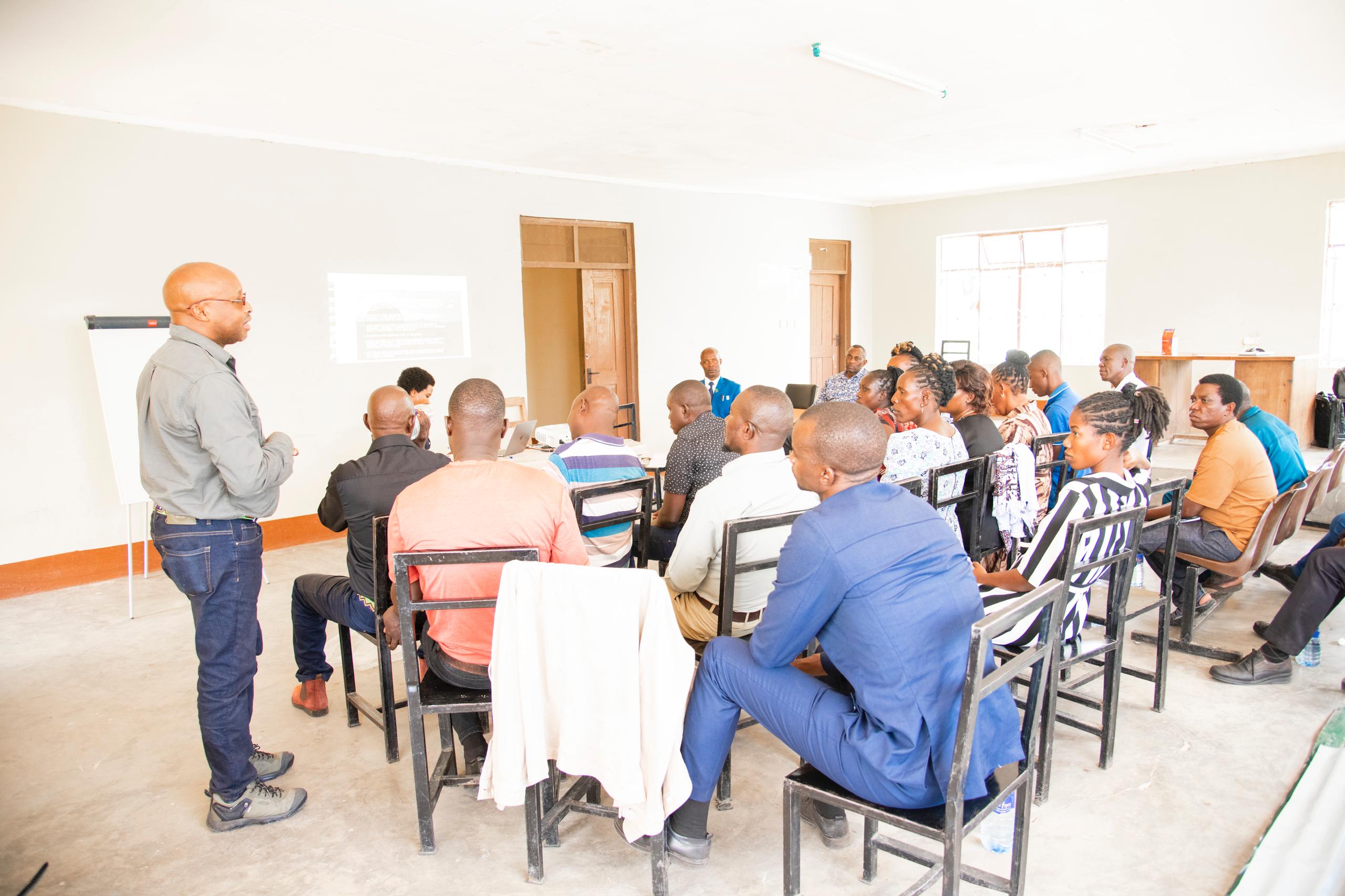
From the government side, John Lendoyan, Wildlife Game Officer for Serengeti District Council, urged village leaders, especially those from Bonchugu, the pilot village to champion the mechanism within their communities. He emphasized that all actors share responsibility in ensuring that the system enhances the quality and fairness of conservation initiatives.
Participants from all five villages welcomed the new system, expressing optimism that it will strengthen development and conservation efforts.
Nchagwa Marwa from Bonchugu observed: “It is a good system. It will strengthen services even for special groups such as women, youth, children, the elderly, orphans, and people with disabilities. I will take this knowledge back to my COCOBA – Community Conservation group.”
Bonchugu Village Chairman, Simon Mahando, added that the mechanism will reduce unnecessary disputes and create meaningful space for community members to express themselves openly.
A participant from Makundusi suggested that the mechanism should also receive positive feedback, not merely complaints, acknowledging the important work done by FZS, Serengeti National Park, and local investors.
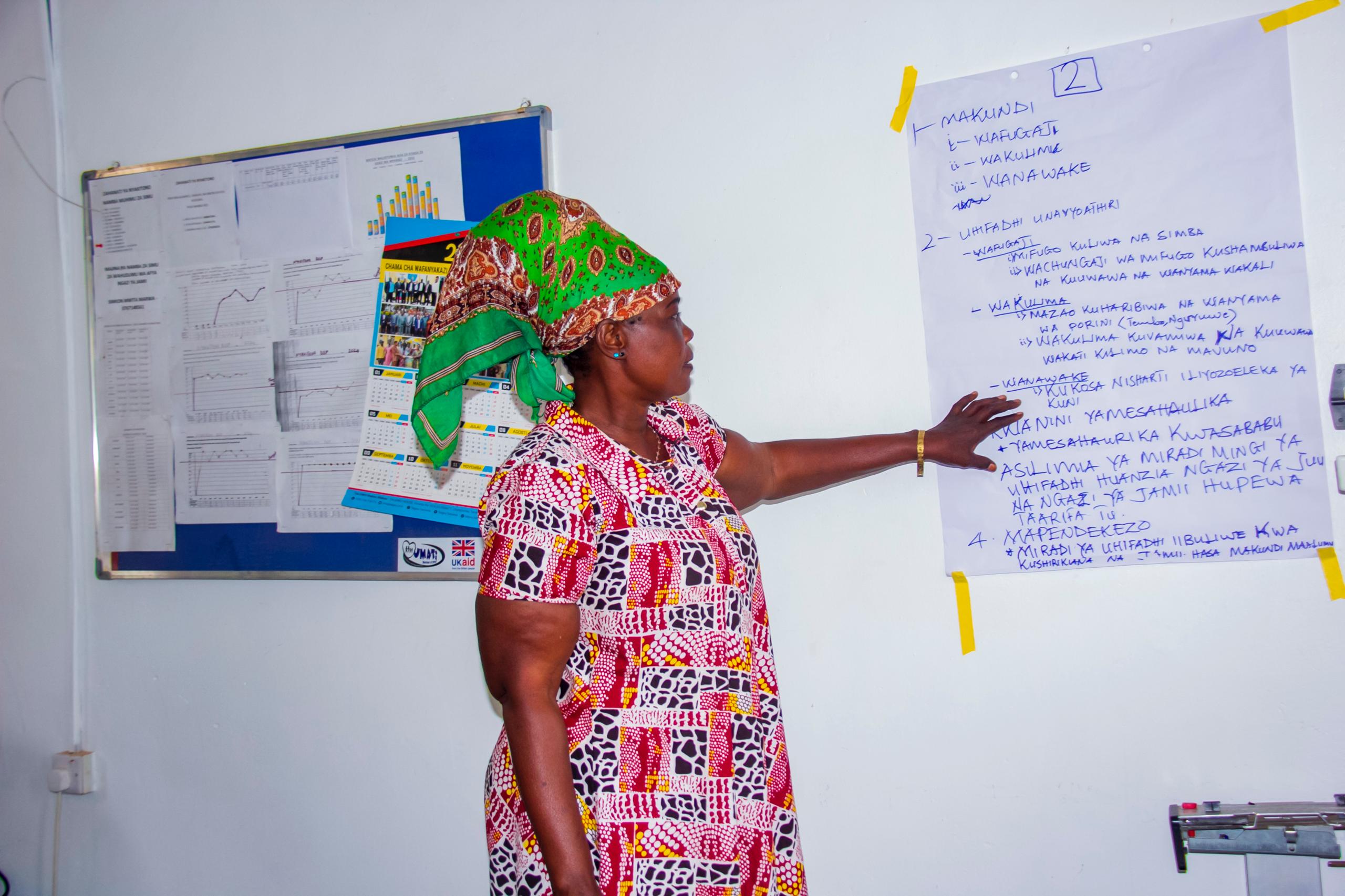
The new grievance mechanism is now being piloted across the five villages of Robanda, Bokore, Bonchugu, Makundusi, and Merenga. Once the system is fully evaluated and refined, FZS plans to scale it to other project areas, including communities surrounding the Serengeti ecosystem, as well as Katavi–Mahale and Nyerere–Selous landscapes.
Across all village discussions, participants underscored the importance of deliberately reaching vulnerable and marginalized groups, notably, youth, women, the elderly, people with disabilities, and orphans. Village leaders acknowledged that these groups often bear the brunt of environmental changes, human–wildlife conflict, loss of income, lack of access to information, and limitations in participating in community decision-making. They recommended that the system integrate practical methods for reaching them, such as public meetings tailored to their needs, using community ambassadors to reach people with disabilities and older persons, creating safe spaces to report concerns without fear of retaliation, and ensuring that information is accessible, simple, and timely.
Responding to these concerns, FZS confirmed that the next phase of implementation will focus on directly engaging these groups, educating them about their rights, guiding them on how to report grievances, and ensuring they receive feedback on actions taken.
This approach aims to make the mechanism not just a tool for leaders, but a community-owned asset from a youth seeking opportunity, a woman whose voice has been overlooked, an elderly person needing dignified participation, or a person with a disability requiring assistance to access meetings.
With intentionally bringing these groups into the center of the process, FZS is laying the groundwork for a conservation model rooted in fairness, equity, and shared responsibility.
The organization affirms that sustainable conservation is only possible when every member of a community feels seen, heard, and valued.


